The War He Survived Was Vietnam
CounterPunch
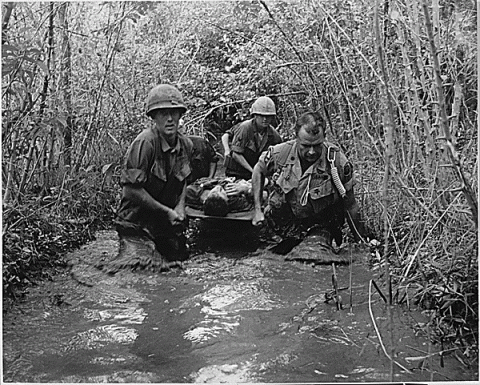
Liberal opinion holds that the Vietnam War was a mistake. The right continues to see it as a noble cause. Author Michael Uhl calls the slaughter in Vietnam planned and deliberate, saying that the United States would not tolerate then or now efforts by people in the Global South to escape the imperialist trap. Uhl writes as a participant, first as an intelligence officer and then as an historian, to paint a merciless and highly detailed picture of US policy at its rawest.

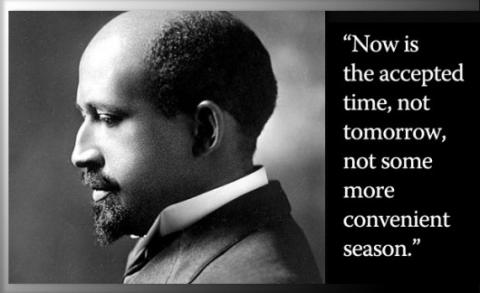
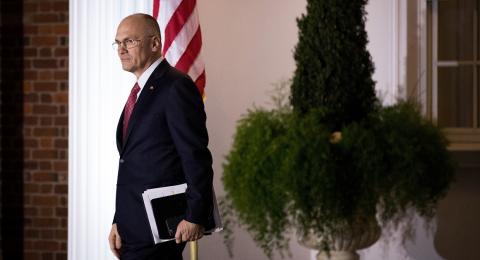
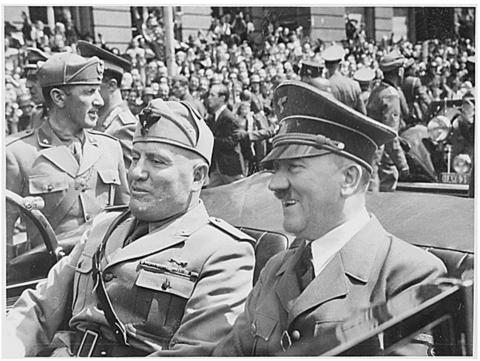
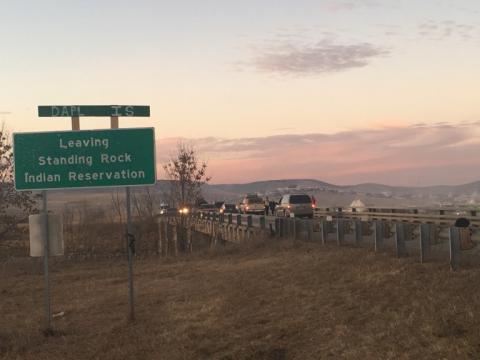
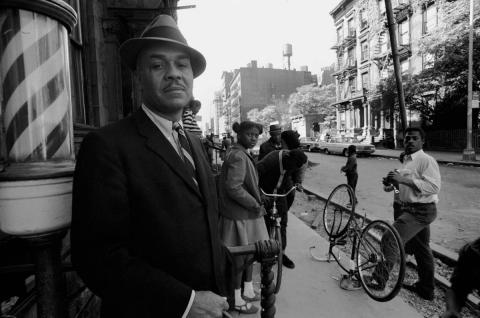

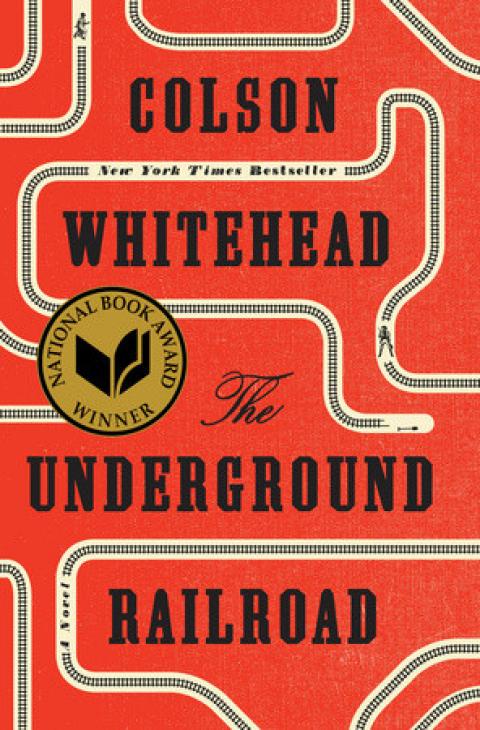

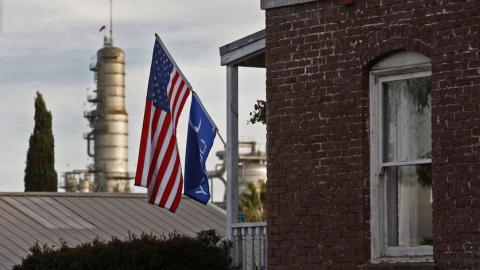
Spread the word